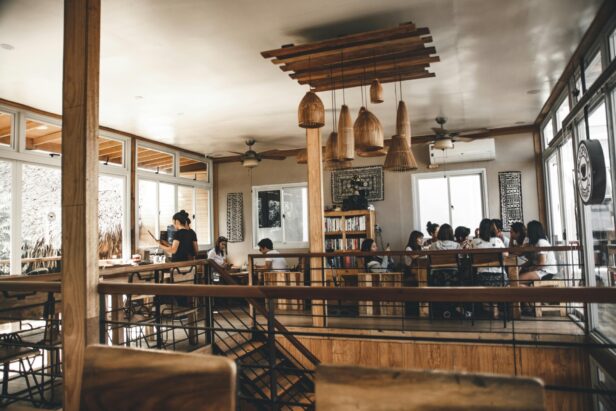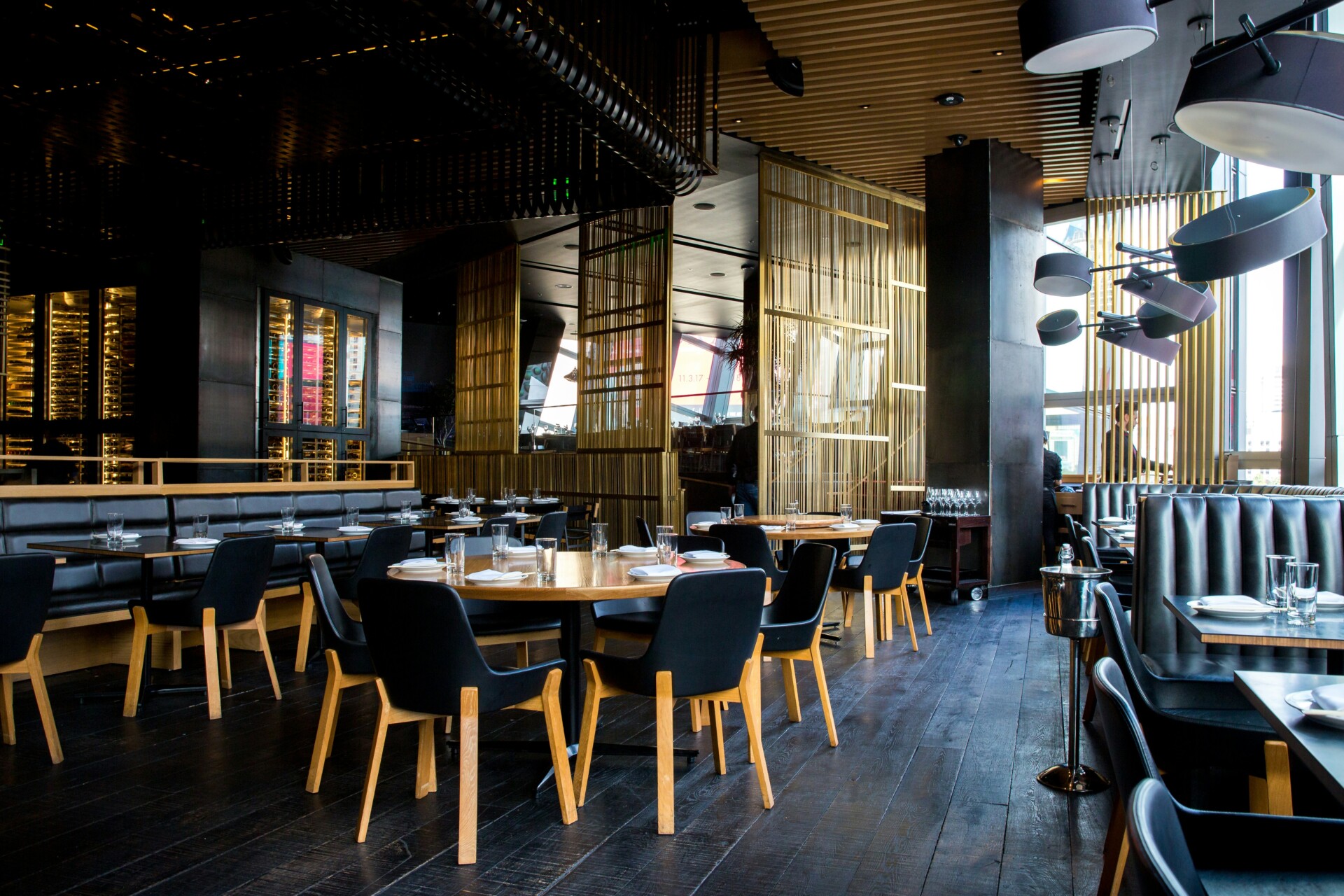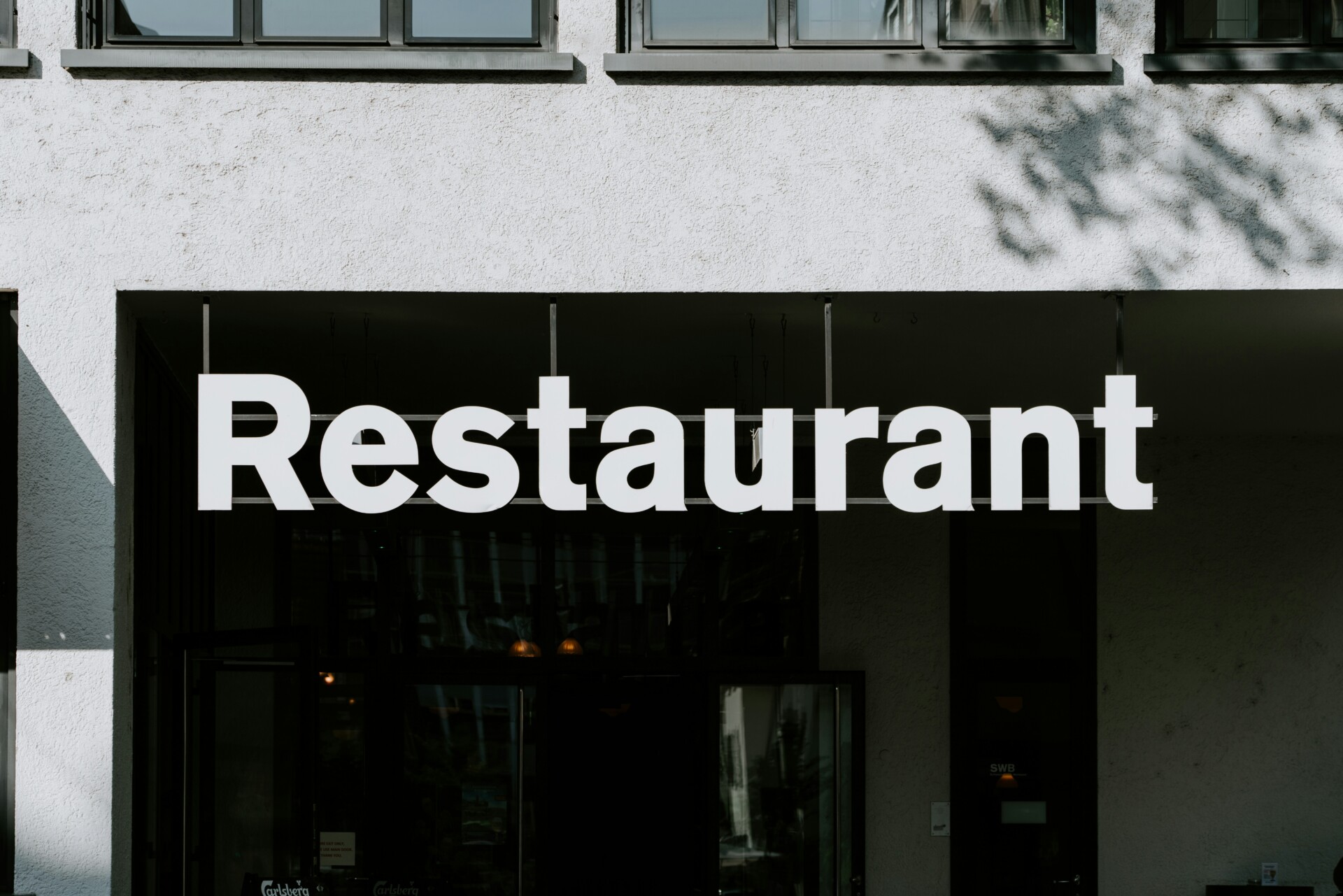Restaurant construction requires specialized expertise that extends beyond standard commercial building practices. For casual dining or quick service restaurant projects, we aim to consider how each decision may affect both operational efficiency and guest experience. The unique challenges of kitchen layouts, specialized equipment installation, and front-of-house aesthetics typically demand contractors who are well-versed in the restaurant industry.
The restaurant scene in many cities is constantly evolving, with concepts ranging from fast-casual chains to chef-driven dining experiences. In competitive environments, construction timelines can be crucial as they may influence time to market and, ultimately, profitability. Following recent industry disruptions, many restaurateurs are particularly attentive to construction schedules that can impact opening dates and initial revenue projections.
Our approach to restaurant construction combines pre-planning expertise, comprehensive project management, and the technical skills required for specialized systems. We aim to collaborate closely with architects, kitchen designers, and brand representatives to help ensure each project meets operational requirements while creating the atmosphere that defines the concept. By managing permitting complexities, code compliance, and coordinating specialized subcontractors, we strive to help turn restaurant visions into successful realities.
What Services Do Dallas Restaurant Contractors Offer?
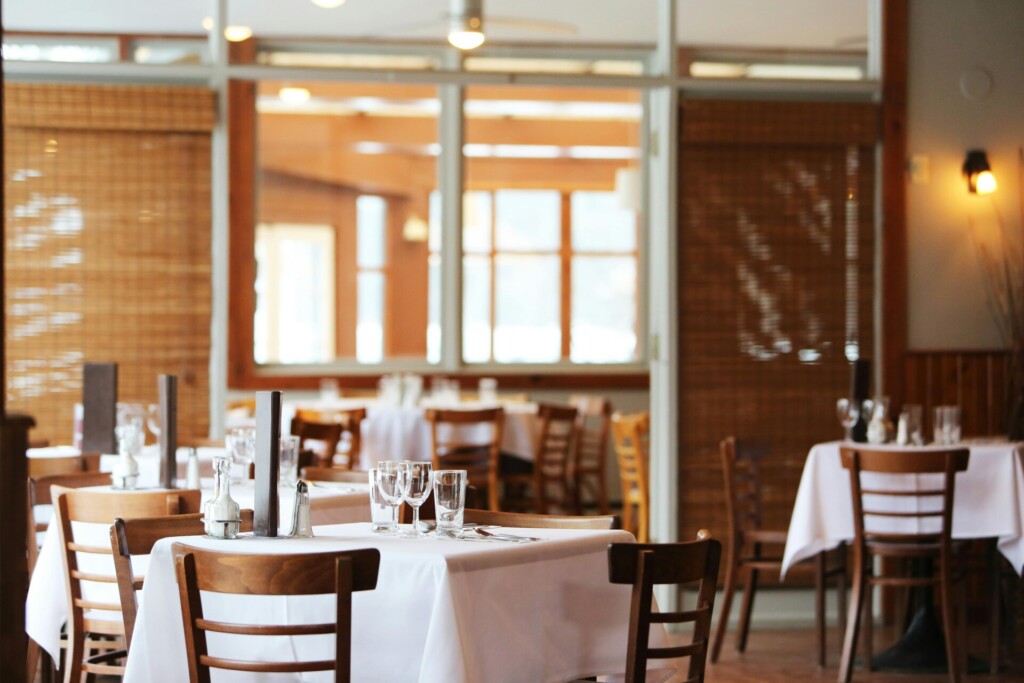
At EB3 Construction, we aim to deliver comprehensive restaurant construction services tailored to developers and property owners throughout Dallas. Our approach typically begins well before construction starts and continues until the final inspection. Understanding the complexity of restaurant builds helps us coordinate the many moving parts that can make these projects successful.
Design and Planning Excellence
We strive to transform restaurant concepts into buildable realities through collaborative planning. Our team can work directly with your architects to evaluate structural feasibility while maintaining design integrity. Instead of simply executing plans, we actively contribute to the planning process, aiming to identify potential construction challenges early and offer practical solutions that can enhance project efficiency.
During this phase, we typically develop detailed construction timelines and material specifications that align with both your vision and budget. This foundational work can help prevent costly mid-project changes and keep development on track. Our pre-construction planning process aims to identify and resolve structural issues early, helping upscale dining projects stay on schedule.
Managing Permitting and Compliance
The regulatory landscape for restaurant construction in Dallas can present unique challenges. Our team strives to maintain current knowledge of local building codes, health department requirements, and ADA compliance standards. We can handle permit applications and coordinate with city officials, health inspectors, and fire marshals throughout the construction process.
This regulatory expertise may prove particularly valuable when working with historical buildings or spaces requiring zoning variances. We can guide clients through complex approval processes in areas where zoning restrictions create additional hurdles for restaurant development.
Construction and Build-Out Execution
The core of our service is precise, efficient construction execution. We aim to coordinate specialized trade contractors while maintaining strict quality control standards. Our site management team typically oversees daily progress, working to ensure that framing, HVAC installation, plumbing rough-ins, and electrical work proceed according to schedule.
Restaurant construction demands particular attention to infrastructure details that support kitchen operations and guest comfort. We can install appropriate ventilation systems, grease traps, floor drains, and specialized utility connections to code specifications. Our supervision aims to ensure that these critical systems integrate seamlessly with the overall building structure.
| Phase | Key Actions | Timeframe |
| Feasibility Study | Complete feasibility study and secure funding | 1-3 months |
| Concept and Branding | Develop concept and brand plan | 2-4 months |
| Location and Renovations | Secure location and begin renovations | 2-3 months |
| Team and Operations | Hire key staff and develop SOPs (Standard Operating Procedures) | 2-3 months |
| Technology and Marketing | Set up technology and begin marketing | 1-2 months |
| Soft Opening | Conduct soft opening | 2-4 weeks |
| Grand Opening | Hold grand opening and perform initial performance review | 1-2 weeks |
Interior Design Implementation
The aesthetic elements of a restaurant can significantly impact customer experience and brand perception. We can work with interior designers to execute design plans, from custom millwork and specialty lighting to distinctive flooring and wall finishes. Our craftsmen aim to pay meticulous attention to detail in creating unique design elements that may distinguish your restaurant.
Beyond aesthetics, we strive to integrate practical considerations into the design implementation. Dining areas can be constructed with appropriate traffic flow patterns, acoustic treatments may be installed to manage noise levels, and lighting systems can be calibrated to create the desired ambiance. These functional aspects of design can directly influence operational efficiency and customer satisfaction.
Kitchen Equipment Installation
Commercial kitchen installation represents one of the most technical aspects of restaurant construction. We can coordinate with equipment vendors to ensure proper utility connections, ventilation requirements, and spatial configurations. Our team typically handles the positioning of cooking lines, refrigeration units, dishwashing stations, and prep areas to optimize kitchen workflow.
Safety systems, including fire suppression, emergency shutoffs, and proper ventilation, receive particular attention during equipment installation. We work to ensure all systems meet current code requirements while supporting efficient kitchen operations. For fast-casual restaurant clients, we can develop specialized approaches to installing high-volume cooking equipment that aims to maximize throughput while maintaining safety standards.
Project Completion and Handover
The final phase of our service typically involves comprehensive testing, inspection coordination, and thorough documentation of all building systems. We conduct detailed walkthrough inspections with clients, addressing any punch list items promptly. Our team provides operational training for building systems and assembles comprehensive documentation packages with maintenance schedules and as-built drawings.
This thorough completion process aims to ensure a smooth transition from construction to operation. Restaurant owners can focus on training staff and preparing for opening rather than addressing construction issues. Our goal is to deliver a fully functional space that supports your business objectives from day oneprovide a well-constructed space designed to support your business objectives.
Why Experience Matters When Choosing Restaurant Contractors in Dallas
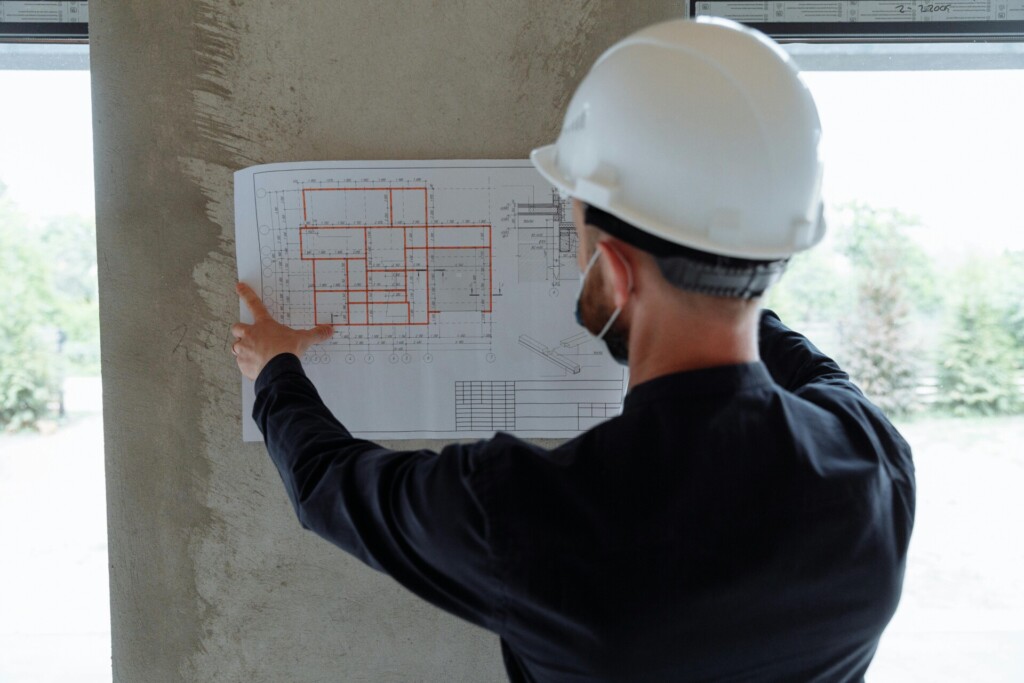
When tackling restaurant construction projects in Dallas, experience can be a cornerstone of project success. Established construction firms may bring valuable institutional knowledge that newer companies in the restaurant construction space might not yet have developed. This depth of experience can be beneficial throughout the construction process.
Deep Industry Knowledge Can Help Prevent Costly Mistakes
An extensive background in restaurant construction allows teams to anticipate challenges before they become problems. Understanding the unique demands of kitchen workflows, ventilation requirements, and dining space optimization can be crucial. Experienced contractors can be instrumental in helping restaurants navigate design modifications while maintaining operational efficiency.
Restaurant construction requires specialized knowledge of health department regulations, fire safety codes, and ADA compliance specific to food service establishments. Experienced contractors can often identify potential code issues and address them in the planning phase, potentially preventing costly mid-construction changes. This practical knowledge can translate to smoother project execution and fewer surprises for property developers.
The complexity of restaurant builds is significant. From grease trap installations to commercial kitchen fire suppression systems, these projects contain numerous specialized elements that benefit from contractors who have managed similar installations. A strong track record of navigating these complexities can help in coordinating various specialized trades with precision, maintaining quality while keeping the project on schedule.
Local Relationships Can Streamline Project Execution
Operating in a local construction market for years can lead to strong relationships with vendors, materials suppliers, and specialized subcontractors. These connections can prove valuable when sourcing high-quality materials within budget constraints. When supply chain disruptions affect material availability, established supplier relationships may help secure necessary components more efficiently.
A network of trusted subcontractors is another potential benefit of experience. Identifying and cultivating relationships with skilled electricians, plumbers, HVAC specialists, and kitchen equipment installers who understand the nuances of restaurant construction can contribute to consistent quality across projects. Leveraging these relationships may help maintain high standards while optimizing project coordination.
The permitting process in Dallas can be challenging for restaurant construction. Familiarity with local building departments, health inspectors, and fire marshals can help navigate these requirements efficiently. Experience allows for building realistic timelines that account for administrative processes, potentially keeping projects moving forward more predictably.
| Challenge | Description | Solution |
|---|---|---|
| Timely Setbacks | Unforeseen delays due to weather, supply chain disruptions, permit processes, material scarcities, or subcontractor challenges. | Maintain a flexible timeline and transparent communication with the General Contractor to alleviate setbacks. |
| Budget Fluctuations | Budget overruns due to inadequate planning, unforeseen expenses, or changes in design or materials. | Develop a comprehensive budget, adhere to it, and remain open to cost-effective alternatives. |
| Communication Lapses and Design Discrepancies | Misunderstandings among contractor, designer, and client may lead to costly design flaws. | Ensure regular communication and frequent site visits to prevent and promptly address issues. |
Proven Problem-Solving Capabilities
Construction projects often encounter challenges, but experienced contractors can bring tested solutions. When facing unexpected site conditions, contractors with a wealth of experience may be able to implement proven approaches from similar situations quickly. This institutional knowledge allows for addressing issues confidently, potentially minimizing delays and budget impacts.
Restaurant renovations in historical districts often reveal structural issues late in the process. Drawing on experience with similar buildings, contractors can develop alternative approaches that keep projects on track while preserving architectural integrity.
Weather challenges in North Texas can significantly impact construction schedules, particularly during storm seasons. Experience in the region means building weather contingencies into project timelines and implementing mitigation strategies. Understanding how to adjust construction sequencing can help minimize weather-related delays, keeping projects on track even when facing unpredictable climate patterns.
Financial Stability and Risk Management
Established contractors often bring financial stability that can protect clients from project disruptions. Maintaining proper insurance coverage, bonding capacity, and financial reserves helps ensure project completion regardless of unexpected circumstances. This stability provides critical protection for property owners and developers who rely on timely project completion to begin generating revenue.
Risk management is another area where experience proves valuable. A thorough pre-construction planning process can identify potential risks and develop mitigation strategies before breaking ground. This proactive approach aims to minimize surprises during construction and help maintain budget integrity. When material costs fluctuate dramatically, experienced estimating teams can develop procurement strategies that may protect clients from severe price impacts.
The restaurant industry in Dallas continues to evolve, with current trends emphasizing outdoor dining spaces, technology integration, and flexible layouts. Staying current with these trends while applying fundamental construction principles can help ensure long-term durability and functionality. This balance of innovation and proven methods can result in restaurants that meet current market demands while maintaining operational efficiency for years to come.
What Makes a Great Restaurant Construction Company in Dallas?
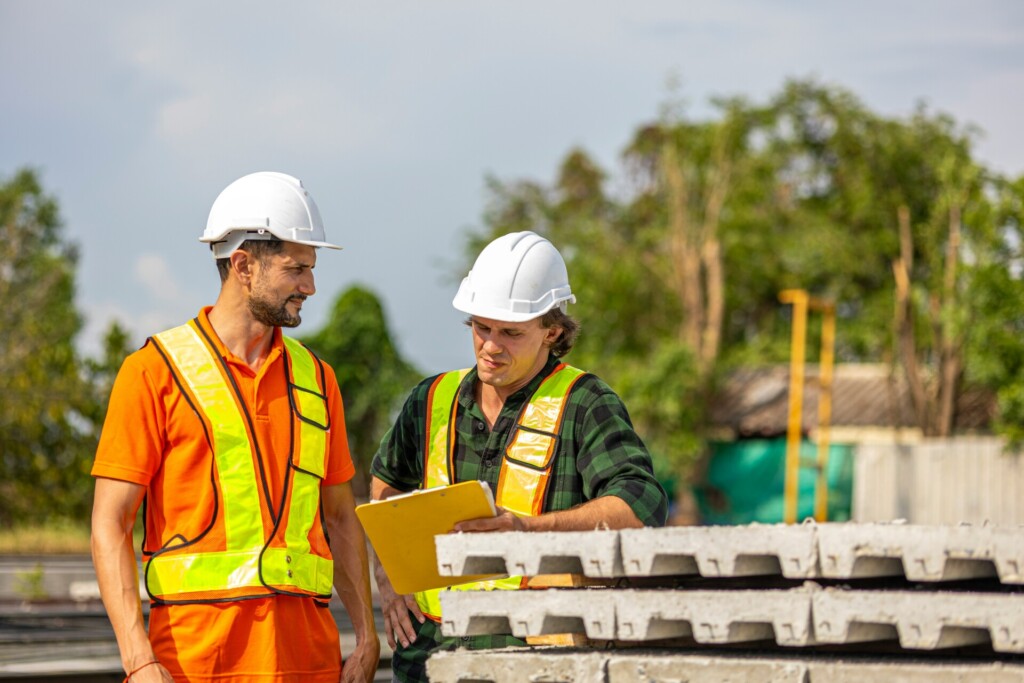
Building a successful restaurant in Dallas requires more than just skilled laborers and quality materials. Exceptional restaurant construction can rely on a foundation of strong client relationships and specialized knowledge. Several key characteristics may distinguish top-tier restaurant contractors from average builders.
Client-Focused Approach
At EB3 Construction, we aim to place our clients” needs at the center of every project. We strive to maintain consistent communication, providing regular progress updates and promptly addressing any questions or concerns. This approach can help prevent costly misunderstandings and build trust with restaurant owners and developers.
Successful restaurant contractors in Dallas may understand the importance of accessibility. We aim to make ourselves available beyond standard business hours, recognizing that restaurant development often requires after-hours communication, especially when owners are managing existing locations.
Specialized Industry Knowledge
Restaurant construction differs significantly from standard commercial builds. We offer expertise in kitchen layout optimization, ventilation systems, and food service equipment installation. Our team understands the critical aspects of proper grease trap sizing, exhaust hood placement, and health department compliance, which are unique to food service establishments.
System installations in back-of-house areas are as crucial as front-of-house aesthetics. Our construction teams can coordinate everything from drive-through design and ADA compliance to the specialized electrical requirements for modern restaurant POS systems. This comprehensive knowledge can help prevent costly modifications after completion and support smooth operations from day one.
Customized Solutions
Every restaurant concept has unique requirements that may demand tailored construction approaches. Whether developing a fine dining establishment or a quick-service restaurant, we aim to adapt our processes to match each concept”s specific operational needs.
For example, when building a high-volume fast-food location, we can focus on durable, easy-to-clean surfaces and efficient traffic flow patterns. Conversely, for upscale dining venues, we may emphasize architectural details, acoustic considerations, and creating a distinctive ambiance through lighting and spatial design.
We can incorporate custom millwork for open-kitchen viewing areas, coordinating between our carpentry team and kitchen equipment installers. This attention to specialized needs aims to create spaces that support the restaurant”s operational goals while enhancing the customer experience.
Efficient Project Management
Successful restaurant construction typically requires meticulous planning and strict schedule adherence. We implement comprehensive project management systems that can track every construction phase, from permitting to final inspections. Our experienced superintendents aim to coordinate subcontractor schedules to prevent bottlenecks and minimize downtime between construction phases.
Budget management is equally critical in restaurant construction. We can provide detailed estimates that account for all project aspects, including contingencies for unforeseen challenges. Throughout construction, we aim to maintain transparent cost tracking and provide regular financial updates for clear financial understanding throughout the process.
Our scheduling protocols may include buffer periods for health department inspections and municipal approvals, which can be unpredictable in Dallas. This foresight can help prevent costly delays that may affect restaurant openings and allow owners to plan staff training and opening events confidently.
Quality Craftsmanship
Superior workmanship can separate great restaurant builders from adequate ones. We enforce strict quality control standards throughout construction, conducting regular inspections that aim to exceed municipal requirements. This attention to detail can help prevent post-opening maintenance issues that might disrupt restaurant operations.
Material selection is another crucial factor where our expertise may add value. We can guide clients toward appropriate finishes that balance aesthetics with durability in high-traffic environments. In kitchen areas, we may recommend specific flooring systems that resist grease and moisture while providing necessary slip resistance for staff safety.
Our finish carpentry team specializes in custom millwork and architectural features that can create distinctive restaurant environments. This craftsmanship may extend to less visible but equally important elements like sound attenuation between dining and kitchen areas, proper waterproofing in wet zones, and durable corner protections in service corridors.
Strong Industry Relationships
Established connections with equipment suppliers, regulatory officials, and specialized subcontractors can provide significant advantages in restaurant construction. We aim to cultivate relationships with health department officials who may provide preliminary feedback on plans before formal submission, potentially saving time in the approval process.
Our network includes mechanical contractors who understand the specific HVAC requirements for restaurant environments, electricians experienced with commercial kitchen power needs, and plumbers familiar with grease waste systems. These specialized partners can help us deliver restaurant spaces that function effectively from opening day.
Many successful Dallas restaurant contractors are family-owned businesses with community ties. This local presence may translate to better access to quality subcontractors during busy construction periods and more personalized service than larger national firms might provide.
Adaptability and Problem-Solving
Construction challenges can inevitably arise, especially when retrofitting older buildings for restaurant use. The best contractors bring creative problem-solving skills to these situations, finding solutions that maintain design integrity while addressing structural or mechanical constraints.
We also aim to remain flexible to accommodate last-minute design changes that may occur as opening day approaches. This adaptability can help restaurant owners refine their concepts while working to minimize cost or schedule impacts, aiming to provide valuable support during an already complex process.
Conclusion: Partnering with Restaurant Contractors in Dallas
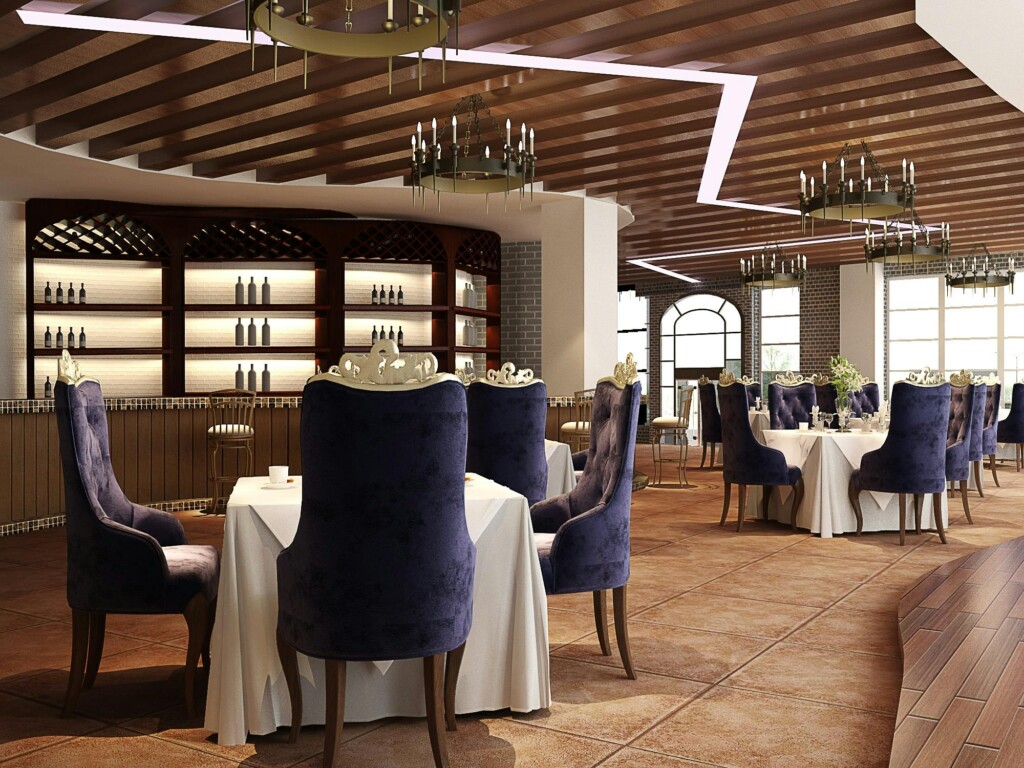
When developing a restaurant, the contractor you choose can become an extension of your business vision. Restaurant construction typically requires specialized expertise beyond standard commercial projects. From kitchen workflow design to dining space aesthetics, experienced teams can guide clients through the complexities of health department regulations, specialized ventilation requirements, and the installation of commercial kitchen equipment.
Restaurant construction success can hinge on more than just building skills—it may demand practical knowledge of operational flow, foot traffic management, and service area functionality. Coordinating the multiple trades involved in restaurant projects while maintaining quality control protocols can be crucial, especially when managing tight schedules in competitive markets. Rather than merely executing plans, contractors can collaborate with owners and architects to help address potential challenges. This consultative approach aims to support restaurant owners in working towards timely openings while managing their budgets effectively.
Ready to bring your restaurant concept to life with a construction partner who understands the unique demands of food service establishments? Contact us to discuss your vision.

